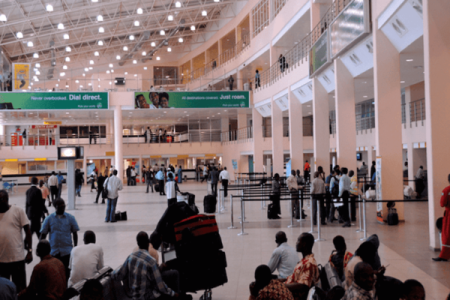
The Central Bank of Nigeria (CBN) has sacked all executive directors at the Nigeria Incentive-Based Risk Sharing System for Agriculture Lending (NIRSAL) as part of a major restructuring effort. Concerns grow over the impact on agricultural financing, with questions arising about NIRSAL’s future effectiveness in supporting the sector.
On August 31, the Central Bank of Nigeria (CBN) announced the termination of all executive directors at the Nigeria Incentive-Based Risk Sharing System for Agriculture Lending (NIRSAL), raising concerns about the bank's restructuring efforts. CBN Governor Olayemi Cardoso approved the dismissals of key figures, including Managing Director Abbas Umar Masanawa, Executive Director of Operations Kennedy Nwaruh, and Executive Director Technical Olatunde Akande. This restructuring, aimed at enhancing the bank's operations, follows significant layoffs at the CBN, with over 700 staff members let go over the past year.
NIRSAL has played a crucial role since its establishment in 2013, facilitating over N219 billion in funding for the agricultural sector, thus de-risking agricultural investments. A NIRSAL official indicated that the remaining staff are seeking clarity on the dismissals. As the financial sector grapples with the implications of these changes, there are questions about NIRSAL's future direction and its ability to continue supporting agricultural development in Nigeria.
The news has elicited mixed reactions online. While some express concern over the impacts of the restructuring, one commenter claimed previous dealings with NIRSAL were problematic, stating that grants turned into loans. As the CBN undergoes these changes, stakeholders await further developments regarding the future of agricultural financing in Nigeria.






